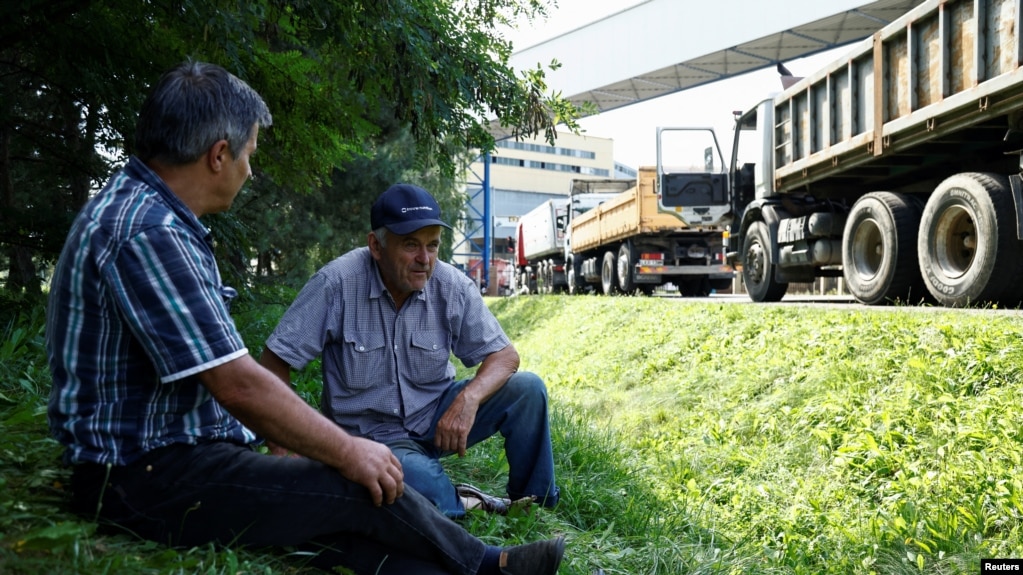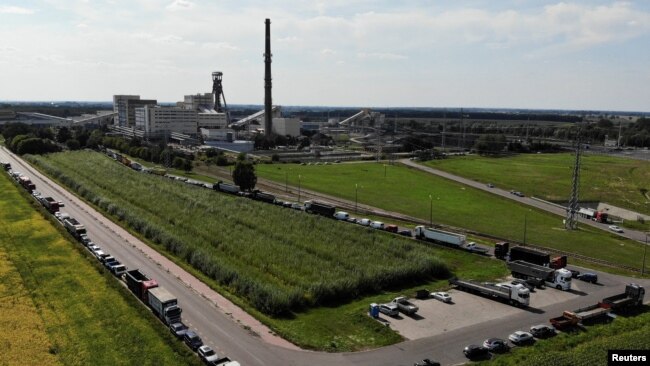Elon Musk’s ex-girlfriend Grimes attacked Mark Zuckerberg and took to Twitter to say he is "wildly under qualified" to run the Metaverse.
India Today Web Desk New Delhi
August 28, 2022

Elon Musk with Grimes. (Photo: Reuters)
Canadian singer-songwriter and record producer Grimes attacked Mark Zuckerberg on Saturday and said he is under qualified to run the Metaverse.
She expressed her disdain over Zuckerberg’s plans to expand the company formerly known as Facebook into a metaverse pioneer, according to Page Six.

Elon Musk with Grimes. (Photo: Reuters)
Canadian singer-songwriter and record producer Grimes attacked Mark Zuckerberg on Saturday and said he is under qualified to run the Metaverse.
She expressed her disdain over Zuckerberg’s plans to expand the company formerly known as Facebook into a metaverse pioneer, according to Page Six.
Grimes, who previously dated Elon Musk, slammed the Facebook founder’s Metaverse avatar and wrote on Twitter, “If Zuck ‘oversees the Metaverse’ it is dead and people who care about art and culture are building something else. Also this is bad art,”
She also shared the image of Zuckerberg’s metaverse avatar and criticised it saying, “The quality of this image alone speaks to how wildly under-qualified he is to build alternate reality, literally every indie game looks better.”
Zuckerberg directed a companywide shift toward the metaverse in 2021 and rebranded Facebook’s corporate name to Meta. This took place even as Facebook contends with a series of scandals over its business practices and internal policies.
According to ANI, the image Grimes criticised on Twitter was posted by Zuckerberg on Facebook last week. He later shared a different version of the avatar amid heavy
According to ANI, the image Grimes criticised on Twitter was posted by Zuckerberg on Facebook last week. He later shared a different version of the avatar amid heavy
criticism.











